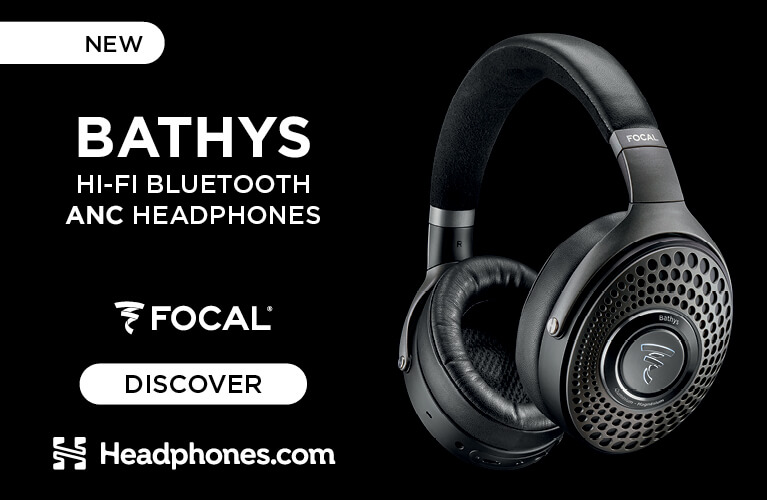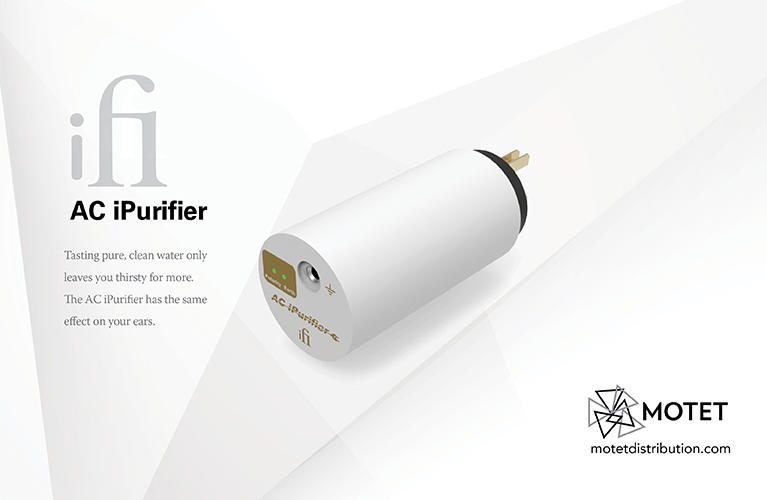Sound: 









Value: 









(Read about our ratings)
Measurements can be found by clicking this link.
The Monoprice Monolith M570s ($299.99 USD) are, in the world of headphones, what the Steve Carell-starring The Office was in the world of TV: an Americanized version of an unfamiliar foreign thing. The M570s riff on a basic headphone design sold by the relatively obscure Chinese brands Blon and Sendy. They substitute a more familiar brand name, adopt a sleeker look, alter the tuning a bit, and cut the price -- by roughly 33 or 50 percent, respectively.
The M570 headphones are an open-back, planar-magnetic design priced to compete with some of the budget open-backs from HiFiMan, Sennheiser, and others. Earcups made of wood support the drivers, but the wood is finished so dark that it looks almost like plastic. The headband has a more mass-market look and feel than HiFiMan’s headbands, or those used on the Blon and Sendy models (although for us it works just as well). The earpads are soft, and they’re perforated on the edges so sound will leak fairly freely and there won’t be much of a seal around your ears.
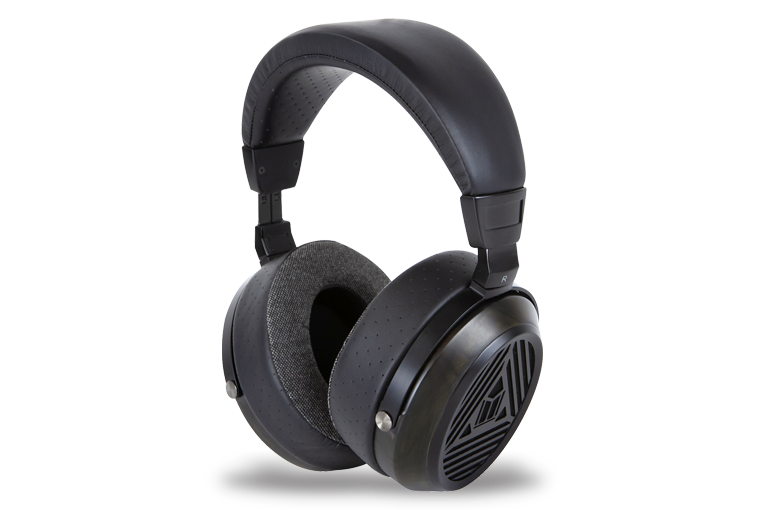
Rated impedance is 32 ohms, and rated sensitivity is 96dB with a 1mW signal, both pretty standard fare for headphones of this type. Basically, this looks like a typical budget, open-back planar design. Since there’s nothing else to talk about, let’s listen.
In the box
Unlike most large, open-back planar-magnetics, the M570 headphones come with a decent travel case. Because the earpieces fold flat, the case, at only 60mm (2 3/8") thick, is slim enough to fit easily into most suitcases and maybe even a laptop bag. They also include a 2m (78") cable tipped with a 3.5mm (1/8") plug on the source end and a 2.5mm (9/64") ultramini plug for each earpiece. A 3.5mm-to-6.3mm (1/4") adapter is also included.
Use
At 1.13 pounds (525g) on my scale, the M570s are 36 percent heavier than the somewhat comparable HiFiMan Sundara headphones ($349). I noticed the weight, and so did my listening panelists. They’re lighter than some of the big bruiser headphones from Audeze and others, but still, they’re heavy. Pencil-necked geeks best move on. But the earpads are wonderfully plush and pleasant, and the clamping force is modest.
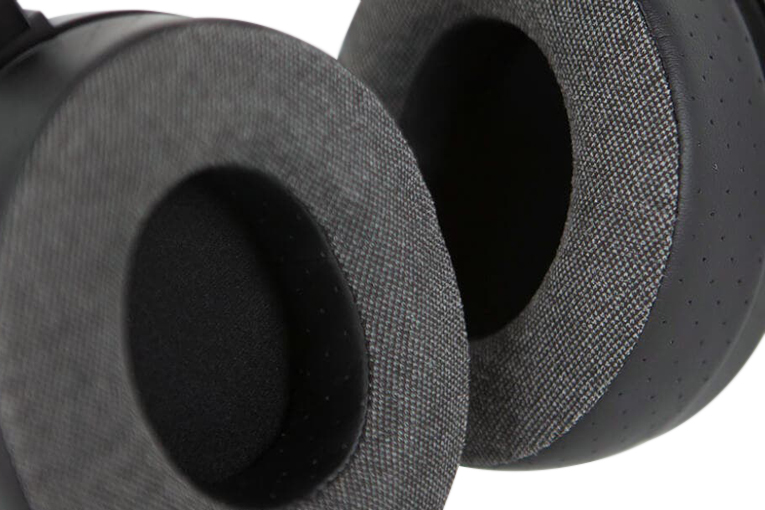
I was able to do some listening with the M570s plugged straight into my Samsung Galaxy S9 phone, and with most material the sound was just loud enough to be listenable. But on Emerson, Lake & Palmer’s prog classic “Karn Evil 9” (Brain Salad Surgery, 320kbps Ogg Vorbis, Manticore/Spotify), for example, the Samsung’s internal amp didn’t have enough kick to get great sound from the M570s -- Greg Lake’s electric bass sounded mushy (which it shouldn’t) and there was near-zero impact from Carl Palmer’s drums. So you’ll want to pair these with some sort of external amp or DAC-amplifier; your phone’s likely to be a few dozen milliwatts shy of the necessary power.
Sound
I’d sum up the sound of the M570s as being basically what I expect from a good set of modestly priced, open-back planar-magnetic headphones: spacious, natural, and satisfying. Compared with similar models, I’d say the M570s are a bit bassier on average, which is mostly a good thing, because open-back planars often lack bass. This makes them slightly softer sounding overall, but there seems to be a little extra kick in the mid-treble to help balance that out.
For example, on James Taylor’s live version of “Shower the People” (16-bit/44.1kHz WAV, digital copy from the Live at the Beacon Theatre DVD, Sony) -- a recording I’ve used to test literally thousands of audio products, from $500,000 stereo systems to $12 earphones -- the M570s didn’t give me the treble clarity I’ve heard from twangier headphones such as the Audeze LCD-1s, but they gave me a better sense of space and a bigger soundstage. And honestly, the treble was pretty clear; I loved the way the backing licks played on a Fender Stratocaster stood out from the mix. Of the headphones I’ve recently tested in this price range, these gave me the most appealing sound on this recording.
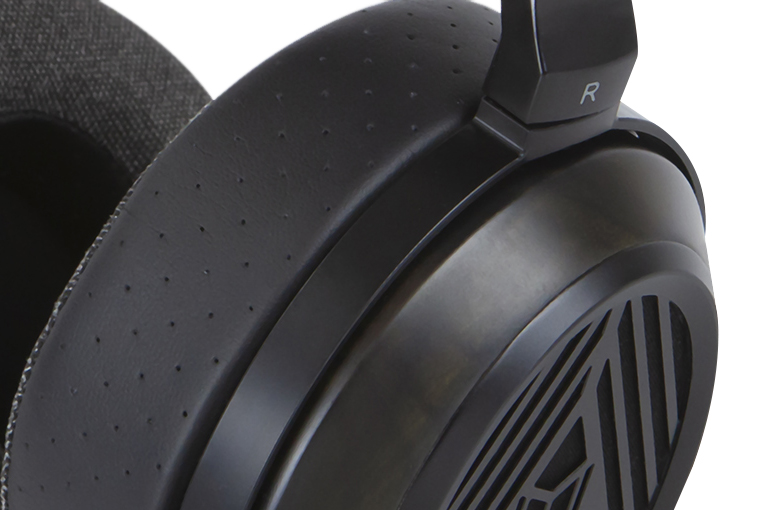
That little touch of extra bass lent greater majesty to the presentation when I played Ludovic Morlot and the Seattle Symphony’s performance of Ravel’s “Pavane pour une Infante Defunte” (Ravel Orchestral Works / Saint-Säens Organ Symphony, 16/44.1 FLAC, Seattle Symphony Media / Qobuz). It’s well known that the right balance of bass to mids and treble helps produce a natural soundstage, and that’s what I heard with this recording -- even though the M570s didn’t seem to have as much treble detail as the LCD-1 and the AKG K371 headphones, I still got a fuller and more realistic sense of the concert hall’s ambience.
Camille Thurman’s performance of the jazz standard “Detour Ahead” is one of my favorite recent recordings to play on headphones, because of the simplicity of the recording and the natural ambience (when heard through headphones) of Chesky Records’ Binaural+ recording technique. The M570s’ ambience and spaciousness made this recording a delight to listen to overall, with extra points awarded for the clarity and natural fullness of Thurman’s voice; the subdued bass of many other open-back planars can sometimes make voices sound a bit thin.
However, “Detour Ahead” did highlight a couple of characteristics I hadn’t noticed before. Through almost any headphones, the brushed snare drum on this recording sounds grating and excessively loud (Chesky’s methods don’t allow individual instruments to be “fixed in the mix”), and despite the M570s’ slightly mellow overall balance, the annoying snare seemed a little more annoying than usual. Also, while bassist Ben Allison’s axe sounded fuller and more like a real double bass than it does through most open-back planars, the fundamental tones seemed to obscure the upper harmonics -- something I didn’t hear through the LCD-1s.
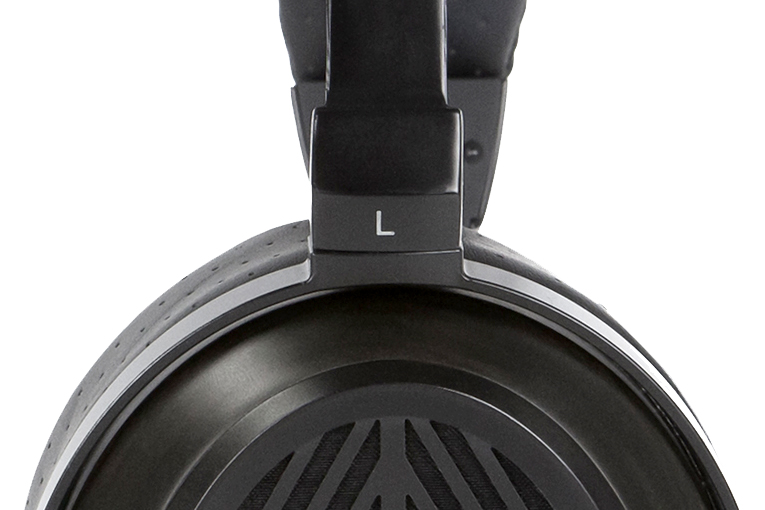
I also had a chance to shoot out the M570s against the LCD-1 and the HiFiMan Sundara headphones, all driven by an iFi xDSD DAC-amplifier. On Tracy Chapman’s “Fast Car” (Tracy Chapman, 16/44.1 FLAC, Elektra/Qobuz), the M570s clearly had the bassiest balance, and having heard this tune on hundreds of audio systems, I think that’s the most accurate presentation. However, both the LCD-1s and the Sundaras brought out the treble more. The Sundaras, in particular, had more of the airy feeling that audio enthusiasts (including me) tend to crave. Long term, though, I might prefer to listen to the M570s on a day-to-day basis, because of their more realistic bass/treble balance.
Comparison
I was able to run the M570s past my usual outside panelists: John Higgins, a film composer who holds a master’s in music performance from USC and has served as a frequent contributor to Wirecutter and Sound & Vision; and LeRena Major, a Los Angeles saxophonist who’s held several positions in the music business and is a voting member of the National Academy of Recording Arts & Sciences.
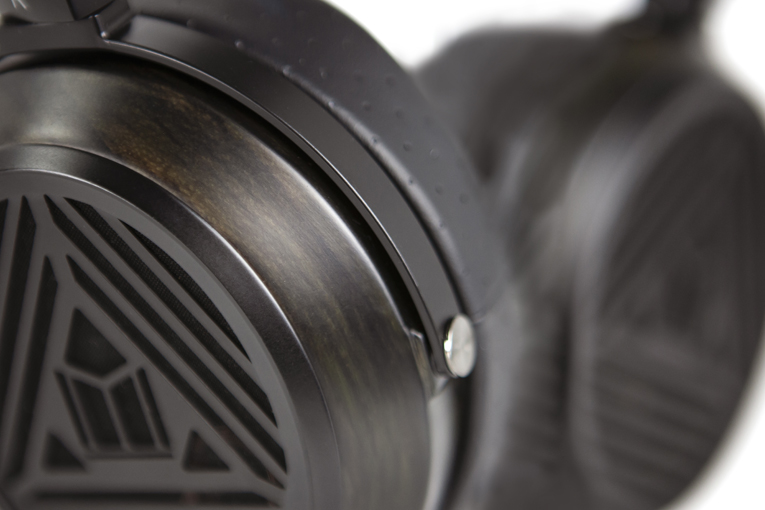
Both of them described the M570s’ sound almost exactly the same way -- which is somewhat rare, because LeRena is more R&B-oriented and John is a classical and rock musician. They thought the M570s sounded close to the Audeze LCD-1s. They both noted the M570s’ extra bass, but they preferred the livelier sound of the LCD-1s. My guess is that my aging ears seek a slightly mellower tonal balance than what John and LeRena -- both of whom are nearly two decades younger than me -- prefer.
Conclusion
I’ve tested at least five Monoprice headphones at this point, and the M570s are my favorites to date. They’re not the headphones I’d recommend for detail fanatics, but those who want an affordable, pleasant listening experience -- with comfort and sound that they’ll enjoy for hours on end, with neither earlobe mashing nor eardrum fatigue -- will probably love the M570s.
. . . Brent Butterworth
Associated Equipment
- Smartphone -- Samsung Galaxy S9
- DAC-headphone amplifier -- iFi xDSD, Lehmannaudio Linear USB II
Monoprice Monolith M570 Headphones
Price: $299.99 USD.
Warranty: One year parts and labor.
Monoprice
Phone: (877) 271-2592
Website: www.monoprice.com


